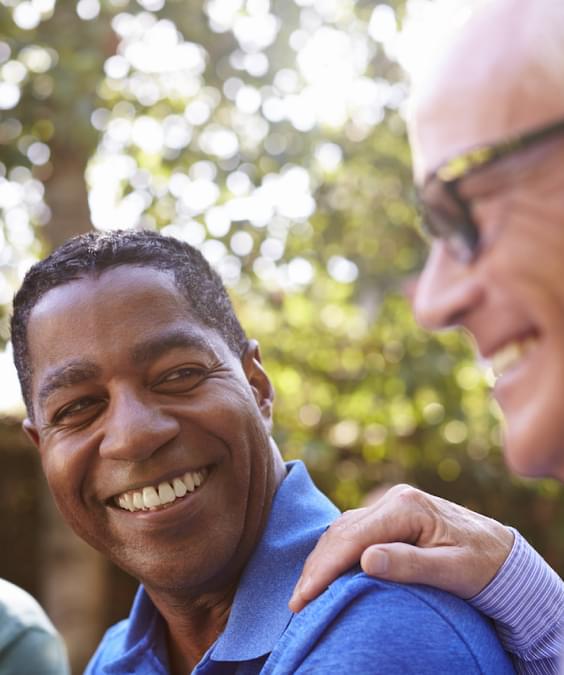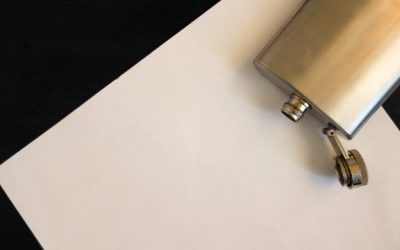'Hangxiety': If You Feel Anxious After Drinking, This Is Why : ScienceAlert
Later in the sleep stages, alcohol disrupts REM sleep does alcohol give you anxiety and paralytic sleep, which is when your body rejuvenates itself. The above-mentioned studies provide less evidence for a direct effect from AUD to SAD (Buckner & Turner, 2009; Dahne et al., 2014; Wolitzky-Taylor et al., 2012). Nevertheless, from a psychopharmacological perspective it is likely that alcohol use produces anxiety, at least during withdrawal, and a few studies indicate that AUD causes anxiety (Becker, 2012; Fergusson, Boden, & Horwood, 2011).
Alcohol and anxiety: Panic attacks after drinking
- The relationship between alcohol and anxiety is a multifaceted one, with implications that extend beyond the immediate effects of drinking.
- Cross-referencing and reconciling (if not integrating) discipline-specific approaches may reveal opportunities for synergy.
- Over time, your body and mind can better handle stress without relying on alcohol, which can reduce overall anxiety.
- While occasional or moderate alcohol intake may not necessarily lead to anxiety attacks in everyone, there is a recognized correlation between heavy drinking and heightened anxiety levels.
TCAs also should be used with caution among people with co-occurring AUDs and be prescribed only after other treatments have been ruled out because these medications can have an enhanced adverse-effect profile in this population. Moreover, the impaired judgment and impulsivity among persons with co-occurring alcohol use problems may increase the risks of taking an overdose of the medications that can result in toxicity and, potentially, suicidality. Finally, TCAs may react with alcohol in the brain to cause respiratory depression (Bakker et al. 2002). Perhaps most importantly, once the complete assessment data have been gathered through all the available strategies, the full spectrum of information should be integrated and considered as a whole to yield the most accurate diagnosis. Consequently, when it has been determined that an anxiety disorder likely is substance induced it may not be the best approach to simply treat the AUD alone and wait for the subsequent remission of the anxiety disorder.
Is There an Alcoholic Drink That Helps with Anxiety Disorders?
Poor or limited sleep causes grogginess and irritability, which can lead to feelings of depression or anxiety. Although alcohol makes you fall asleep faster, it interrupts your natural sleep-wake cycle (or circadian rhythm). Alcohol dramatically impacts the quality and quantity of rest you heroin addiction get, further contributing to hangover symptoms. Hangover anxiety can also arise as the brain adjusts to the mental effects of alcohol. Drinking floods the brain with the neurotransmitter (brain chemical) gamma-aminobutyric acid (GABA), which contributes to feelings of short-term relaxation.

Anxiety and Alcohol Use Disorders

It is taken daily, with dosage adjustments based on the patient’s response. Like other SSRIs, it may take several weeks before significant improvements are noticed. Patients can expect a gradual reduction in anxiety symptoms over https://bigbearcustoms.shop/what-to-expect-at-an-a-a-meeting-alcoholics/ 4 to 6 weeks.


